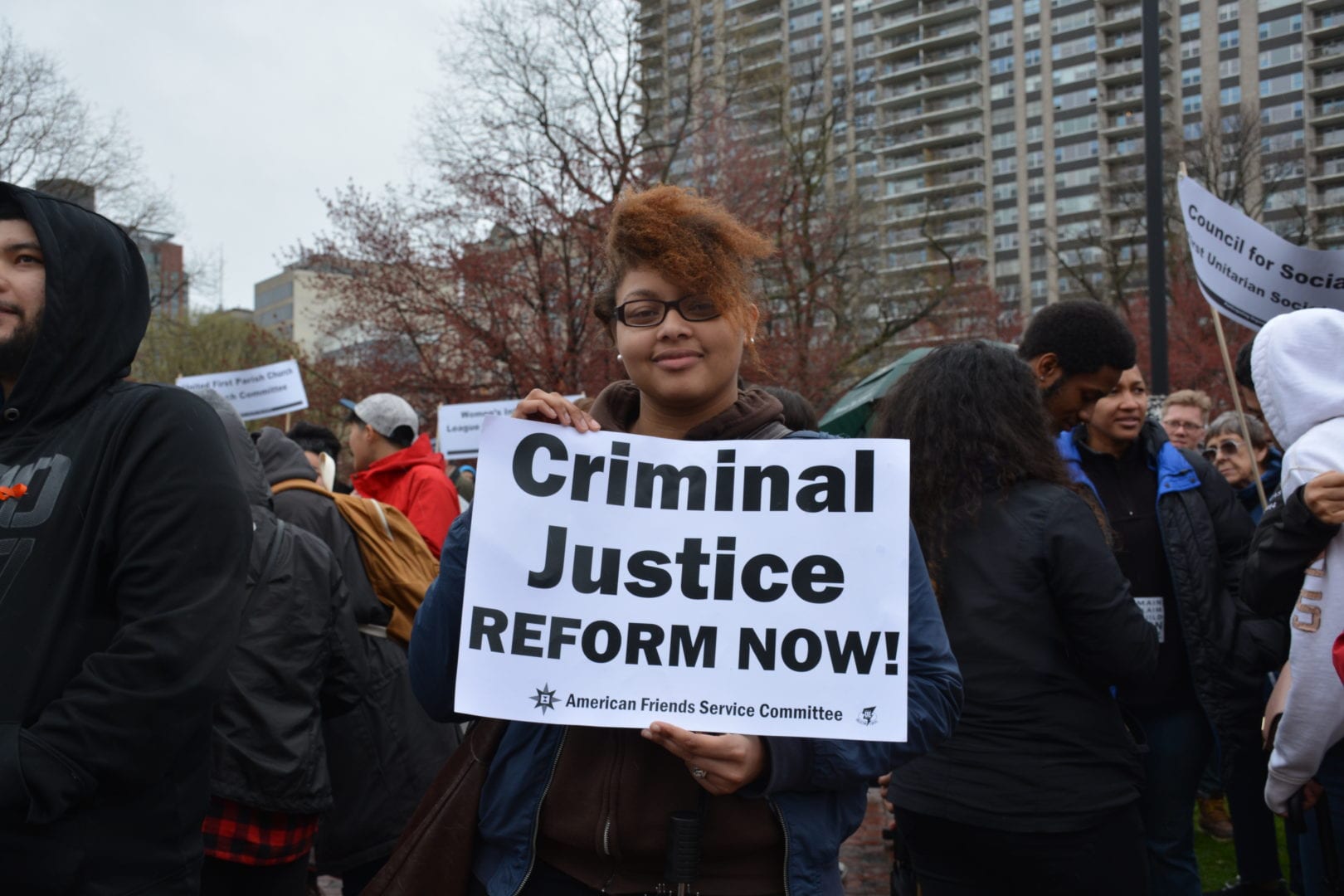
When attempting to make structural change in America it is always important to begin by understanding the structures in question, how they got that way, and only then advocating solutions. To begin any other way is to court disaster, making bad systems worse, or replacing one injustice with another.
Take the issue of mass incarceration. The statistics are by now so depressingly familiar that they hardly bear repeating. We in the United States incarcerate more people, for longer periods of time than any other nation. We target for incarceration people of color, especially black men at rates that would demand soul searching in any other country. Forty years of presidential scapegoating and shameless opportunism have deprived those incarcerated and their families of that most basic of rights, their own humanity. We have done this all in the name of public safety, in the face of ever mounting evidence that it made no one safer, only poorer, more broken, and more removed from the table of brotherhood. Now, finally, we have begun to examine a way out of this maze we created for ourselves.
But to do so without examining the structural underpinnings to the problem is dangerous and short-sighted. It is tempting to think about incarceration in terms of the personal, but it belies the structures of policing and imprisonment that we as a society have created.
Take for example the proposal recently put forward by Mark A.R. Kleiman, Angela Hawken and Ross Halperin in their article in Vox titled “We Don’t Need to Keep Criminals in Prison to Punish Them”.
They simplistically state that to solve mass incarceration we just need to let more people out of prison. Of course, their narrative goes, prisoners aren’t equipped to deal with the world apart from cages, so we need to teach them. We should give them limited freedom (mostly to go to and from work), 24-hour supervision, substandard housing, and have them work for next to nothing. If they obey all the rules and pay all the fees, prisoners can earn the privilege of reentry. What is the biggest benefit to the broader society? Cost savings.
Approaches like this make a fundamental error in assuming that the greatest cause of incarceration is personal choice, and the greatest harm is to the public purse. It ignores the realities of our criminal justice system. Individuals do take actions that get them incarcerated, but they do so in a context of over-policing, lack of adequate counsel, ignorance of alternatives to sentencing and mandatory guidelines that ensure anyone poor and brown caught by the criminal justice machine will find themselves in a cage.
“Solutions” like this ignore the structural racism and classism that puts people in prison in the first place. It also ignores the underlying assumptions that guide most of our current policies, that people incarcerated are beyond rehabilitation and must be punished for the rest of their lives through collateral sanctions on work, housing and constant state supervision.
Most egregiously, it assumes that the greatest benefit to ending the state prison system and replacing it with a home prison system is cost savings. When you begin your analysis with this bad goal everything else flows from it. Have them pay for themselves, have them live in small, barely equipped houses, have them work very low paying jobs to “earn” their freedom. If they, in the eyes of the state, don’t live up to their end of the deal, they are threatened with more supervision or actual imprisonment. Let’s think about this for a second, people under state control, substandard housing, constant monitoring, giving most of their earnings to the people who are imprisoning them, with the possibility of one day saving enough for freedom. Where have we heard this before? Let’s not be coy, call it out, it’s slavery.
If instead of personalizing mass incarceration, we recognize this is a structural issue, inextricably linked to race and class, we end up with more meaningful solutions.
We arrive at solutions that change how communities are policed, offer alternatives like drug counseling and diversions for non-serious offenders. We see the need for genuine economic opportunities like good jobs and a living wage that would prevent people from making “choices” of desperation, and would also greatly reduce recidivism for those currently incarcerated.
Most importantly, when we recognize that this is a structural issue, we have to turn a clear eye to all discussions of “cost.” When we discuss incarceration in terms of cost, we dehumanize those incarcerated and their families. Economic exploitation such as that described by the authors becomes a permissible alternative in the quest to lower “cost.” Profiteering from human cages becomes not only allowed but applauded as “recouping costs.”
Profit must be removed from any conversation of how we reduce incarceration. We must recognize that those incarcerated are people, not commodities.
This allows those who have been incarcerated and their families to reclaim their humanity and their dignity. It allows us as a nation to correct long standing violations in our own history and it will make us all safer as people chose reasonable alternatives to crime. All without a return to the slavery of our past.
